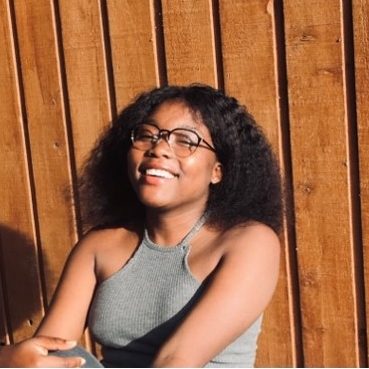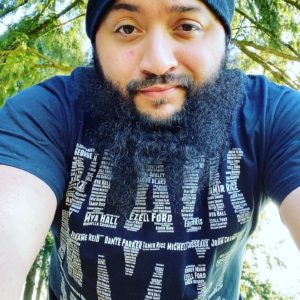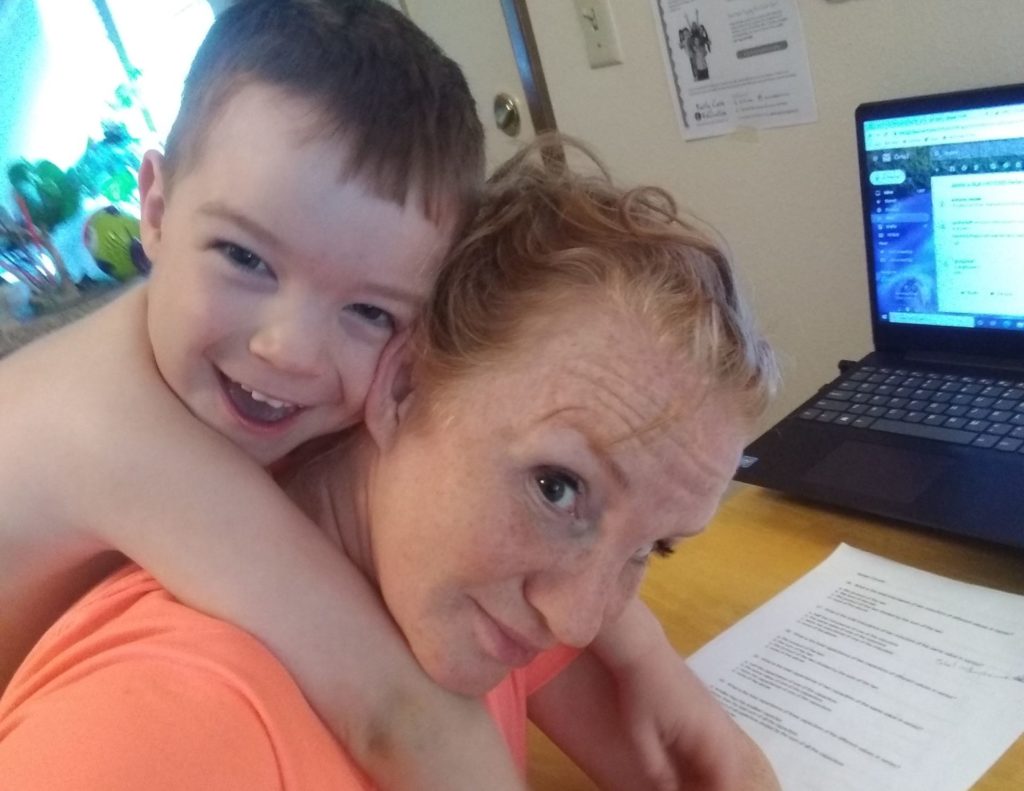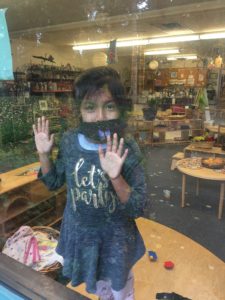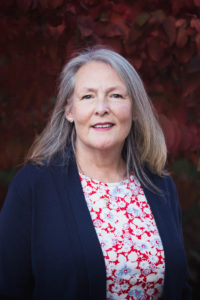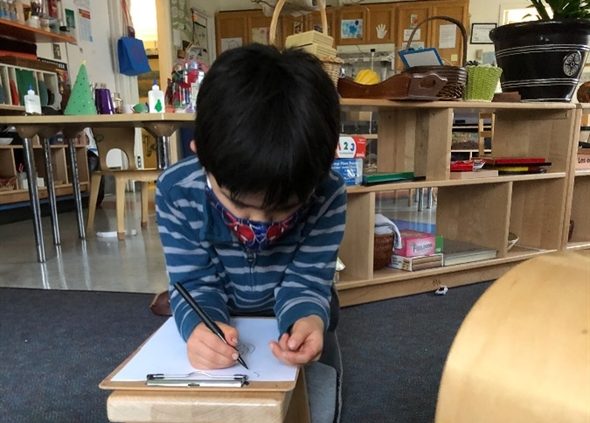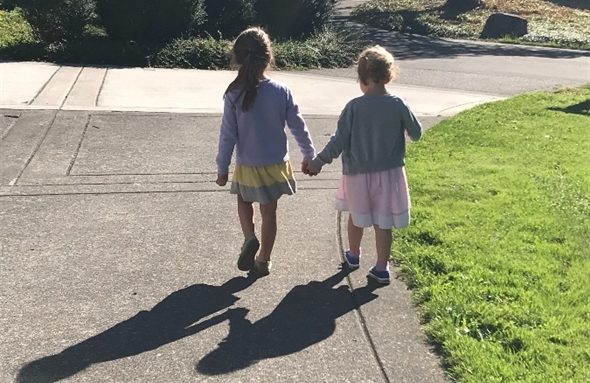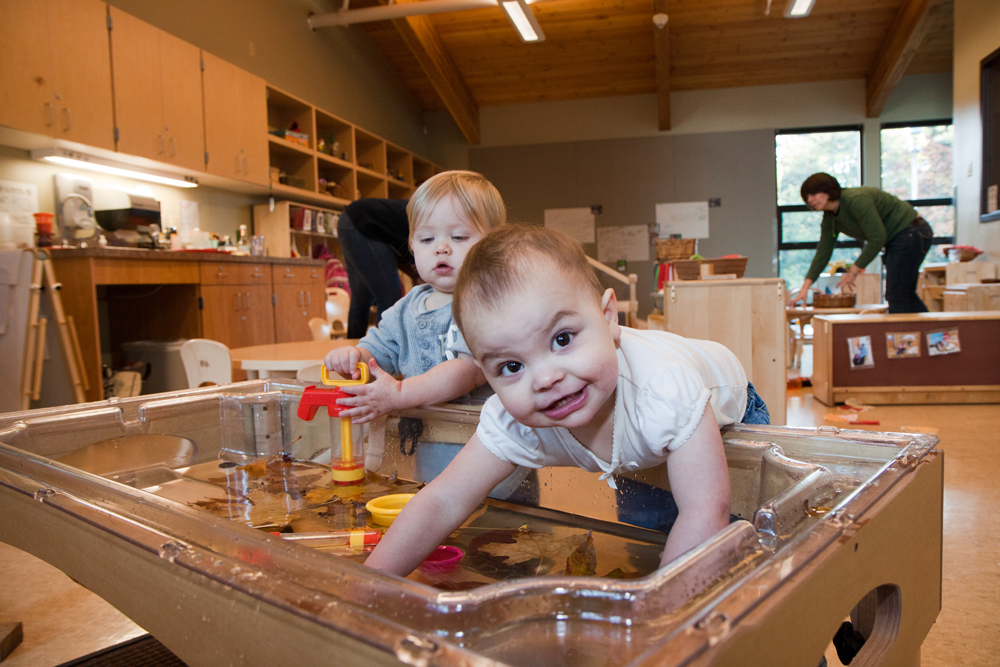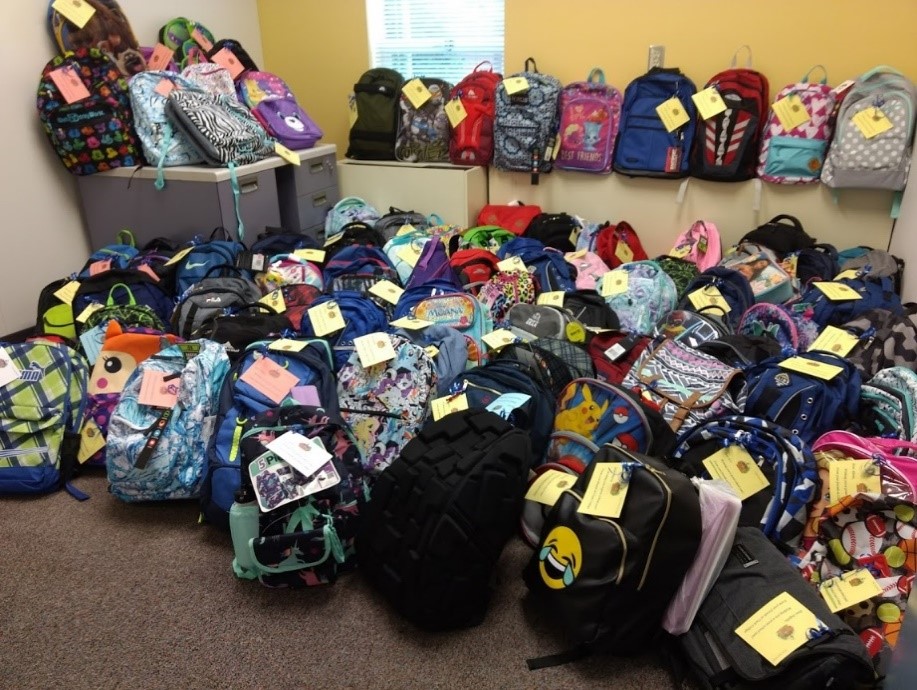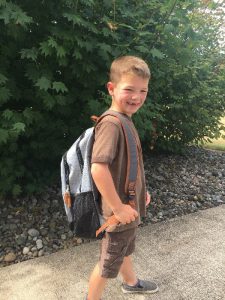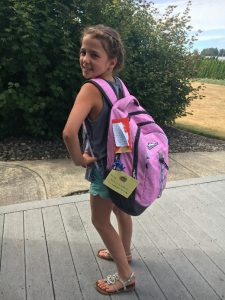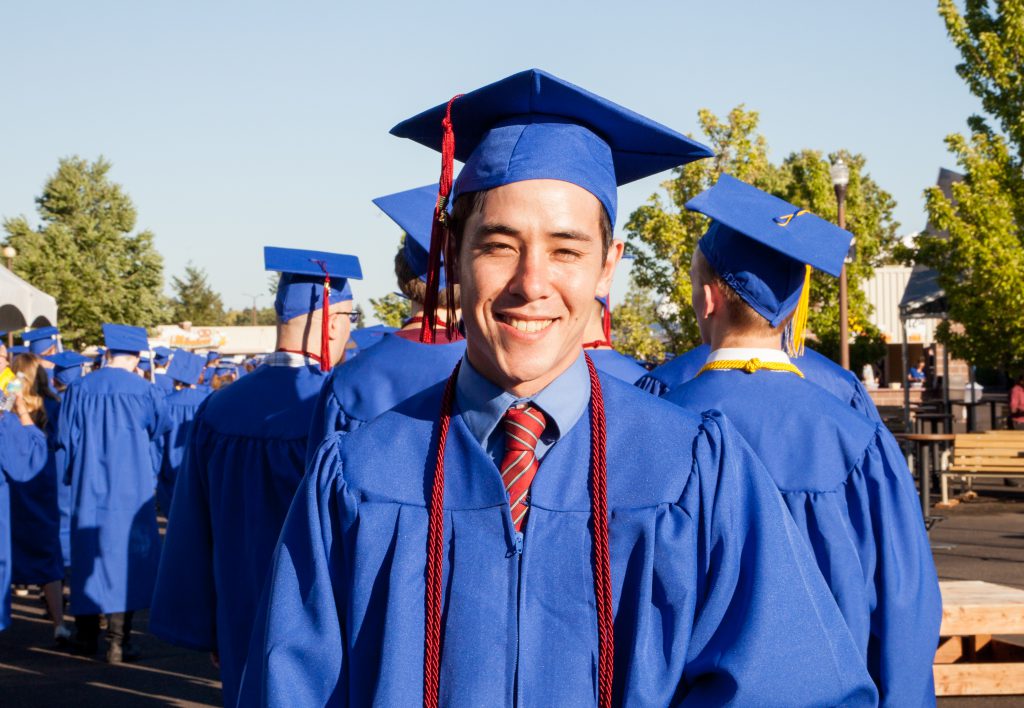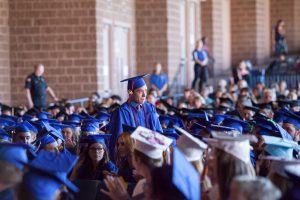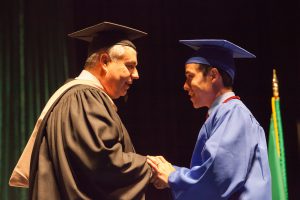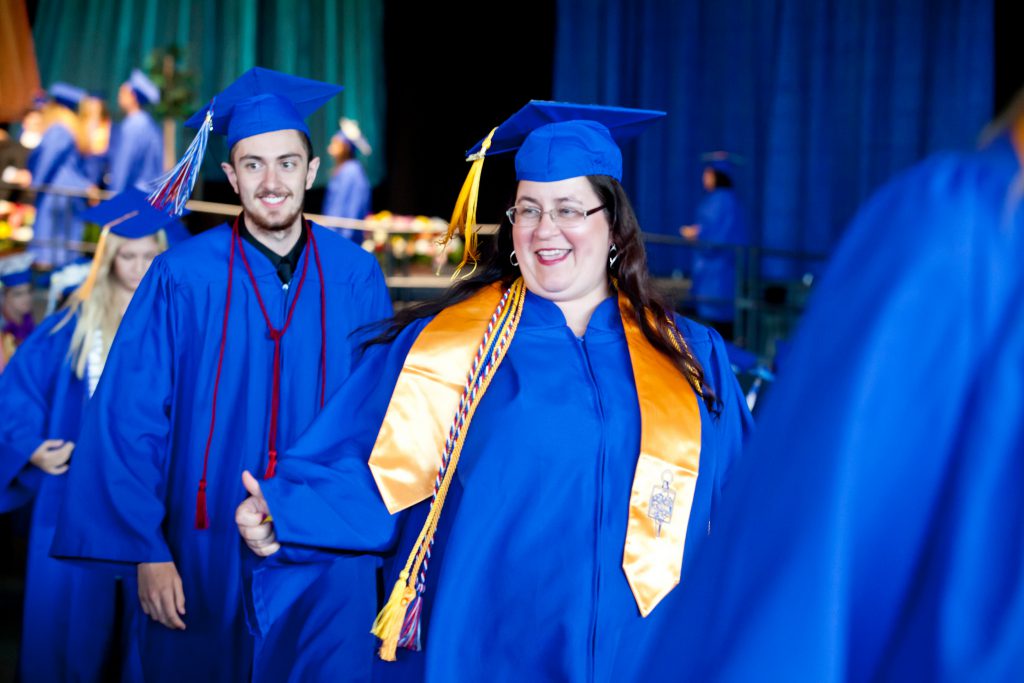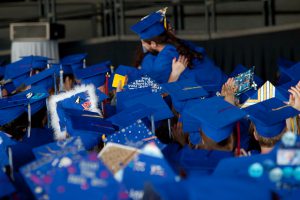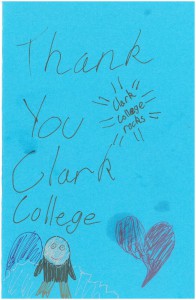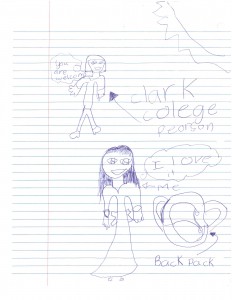Overcoming obstacles, pursuing their dreams
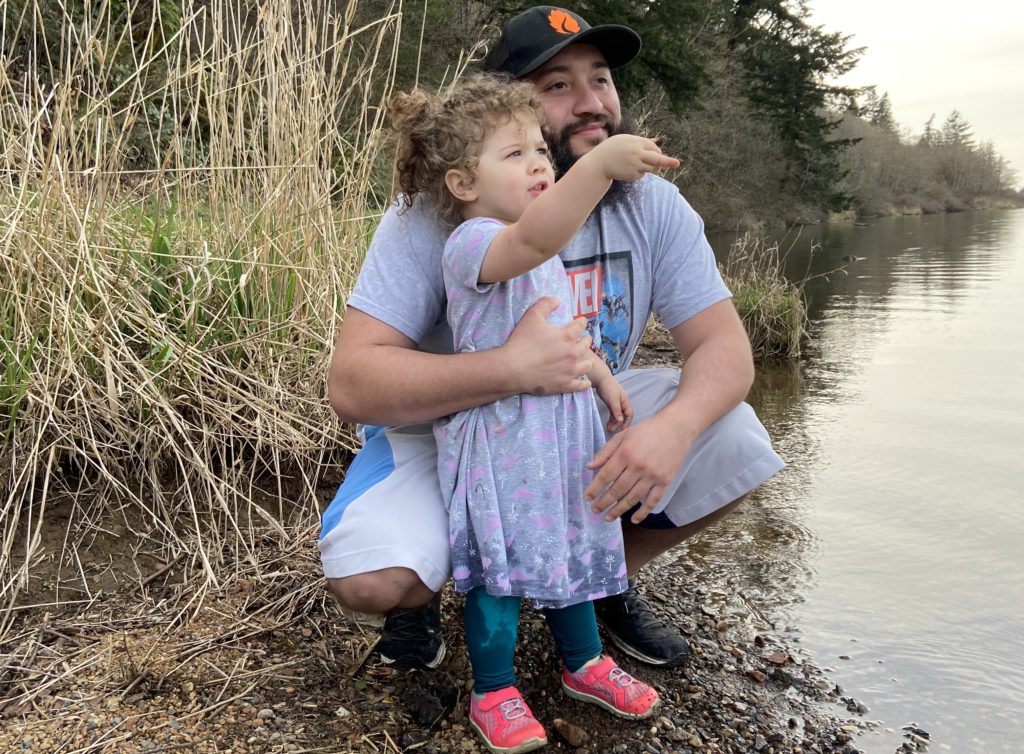
Clark College students shared the obstacles they have overcome during the pandemic during “Student Voices: The Realities of Being a College Student during COVID.” The April 15 Zoom panel was presented by Clark’s Teaching and Learning Center and moderated by Director of MESA Dalila Paredes.
The panel grew from Paredes’ work with MESA, a program that supports underrepresented student populations pursuing careers in science, technology, engineering and mathematics. When she meets one-on-one with a student for the first time, she starts the Zoom session by asking the student how they are doing and what challenges they have faced during the pandemic. Their common struggle is figuring out how to pay their tuition. But their challenges go far beyond money.
Paredes said, “So many of their stories are incredible. Many students have been furloughed from their jobs not just once, but twice. Many are parents. They are in multiple-generation households and are taking care of their parents, grandparents, aunts and uncle and their children—with very little resources. We have students from war-torn countries, intergenerational households, poverty. Students who have lost their housing. Family members who are ill.”
She added, “I wanted faculty to hear these stories—to hear students say, ‘These are my hurdles. This is how I overcame them.’ For underrepresented students, COVID is just one more hurdle. It’s just one more thing for them to navigate.”
Two of these Student Voices stories are featured below.
Pearl Muodzi
Pearl Muodzi, 20, is majoring in biology at Clark with an eventual goal to become a doctor. She had a comfortable life in her native Zimbabwe where she lived with her parents and three brothers. She had a private school education.
But her life changed drastically beginning with her father being diagnosed with a rare type of inoperable cancer. She became his caregiver. Her father died in 2017. A few months later she was walking with her brother when men driving fire trucks and army trucks pulled up and began shooting people.
Muodzi recalled, “I found myself sprinting for my life with my little brother.”
Things in Zimbabwe grew increasingly unstable. The president was ousted, inflation was rampant, and life became more difficult. Muodzi, her mother, and younger brother took a two-week vacation to visit family in Vancouver and to get a break from the challenges back home. But the week they arrived in Vancouver, civil war broke out in Zimbabwe. Friends and family in Zimbabwe sent videos showing soldiers killing people just outside the gate of their family home.
Muodzi said, “I cannot begin to explain how shocked I was. We could not go home. Our two-week vacation turned into an immigration situation. When you’re going on vacation, you carry a small suitcase and just a few things from home. We left everything behind.”
Muodzi’s two aunts welcomed her family into their home and helped them. Eventually, her mother found work and they moved out into their own place.
Muodzi said, “There we were, trying to start a new life.”
In fall 2020, Muodzi enrolled at Clark College as a full-time student. To help pay for her education, she works 25 to 30 hours a week at a mail-shipping business.
In Zimbabwe she had just completed her Cambridge exams and already had studied college-level biology, chemistry and math, but those classes were not accepted. She had to start over. Despite the challenges of a new country, new education system, online classes and working, she earned a 3.9 GPA at Clark.
Navigating college in America during a global pandemic has been just one more challenge for Muodzi.
She said, “I’m proud of my growth. I’ve learned how to tackle challenges differently. To endure challenges. I’m proud of myself for stepping up in my academic life.”
Money and time are her biggest barriers.
“Balancing working and going to school is challenging. Most of the time I am tired. I’m not doing as well as I could.”
Muodzi said, “A big motivator for me is my parents. I want to be a doctor because I want to find a way to cure the disease my dad had. I also am inspired by my mother who works day and night to provide for us. I see my mother work so hard. I can’t take school lightly.”
Muodzi’s pathway to become a surgeon includes completing two years at Clark, then transferring to WSU Vancouver to earn a bachelor’s degree in biology. Next she plans to attend University of Washington Medical School. It’s a long road ahead of Muodzi, but she already has come so far.
Marcell Richard
Marcell Richard, 31, is a full-time Clark College student who is pursuing a biology degree. His eventual goal: to earn a degree in forensic toxicology. Richard is experienced at climbing over obstacles to reach his goals.
He’s a first-generation college student raised by his single mother. His father is black; his mother is white. When his mother was diagnosed with cancer last summer and became very ill, Richard stepped up to be his mother’s caregiver.
Due to COVID, last year Richard was laid off from his job waiting tables and bar tending. He exhausted his unemployment benefits. He and his partner, also a Clark College student, have a two-year-old daughter. When their lease expired in January, they could not afford their apartment. Richard moved in with his mother, in Gresham, Oregon, to be her caregiver. His partner moved in with her own mother in Vancouver with their daughter. Richard spends the night with his partner and daughter two to three times a week to maintain some continuity in their young daughter’s life—and to be a couple with his partner. They are saving their money in the hope of eventually being able to rent their own place and be together again.
Richard diligently is overcoming challenges. He recently started a work-study job with Clark’s Office of Diversity, Equity & Inclusion as a student consultant. He’s a member of Phi Theta Kappa, the honor society for community and technical colleges. Richard is a BUILD Exito student, a MESA student, and is a student advocate for MESA.
He explained, “I’m trying to uplift students and form a community, especially during these times when we’re isolated and apart. I’ve been given an opportunity to go to school and have received scholarships and help. It’s time to give back.”
Richard listed his biggest barriers: “Trying to take care of my mom and watching her health deteriorate. Also, I’m away from my daughter half of the time. It puts a strain on my relationship with my daughter and my partner. I bury myself in my studies. That’s how I cope.”
Through all the loss and challenges, Richard said, “Many times, I’ve tried and failed due to pitfalls, but I’ve never given up on my education. Despite the difficulties, I’ve stayed in school. I have a lot more schooling to go. This is the path I chose.”
Richard plans to earn a Bachelor of Science degree in Biology, a Master of Science degree in Biology with a minor in chemistry, and eventually apply to medical school to study forensic pathology.
He added, “Everyone has a different narrative. We don’t know what other people are going through. Kindness goes a long way.”
His advice to fellow students navigating through the pandemic: “If you’re like me, you have this sense of imposter syndrome. That you can’t do it. But you can do it. Take one leap of faith. Reach out to resources and groups. Make connections. It’s all about breaking out of your shell and creating a support system. Get as much tutoring help as possible if you have problems with math like I do. Clark has so many programs and resources to help students. Use them.”
